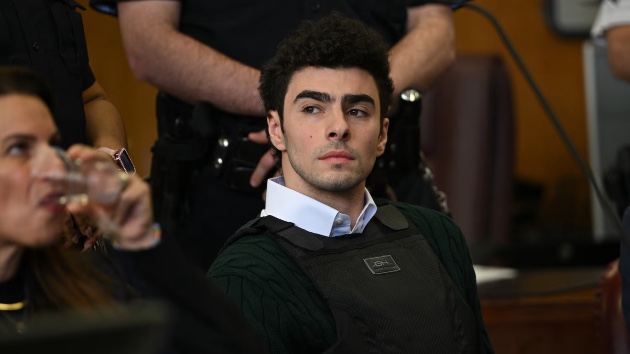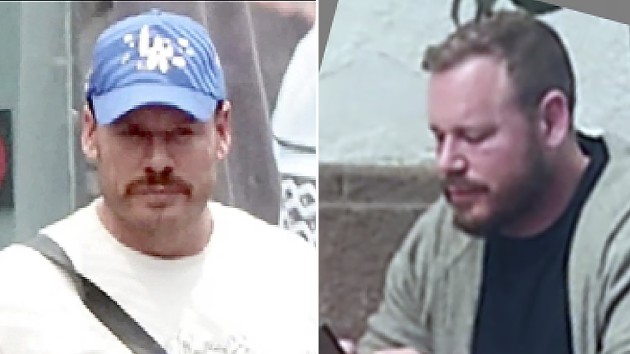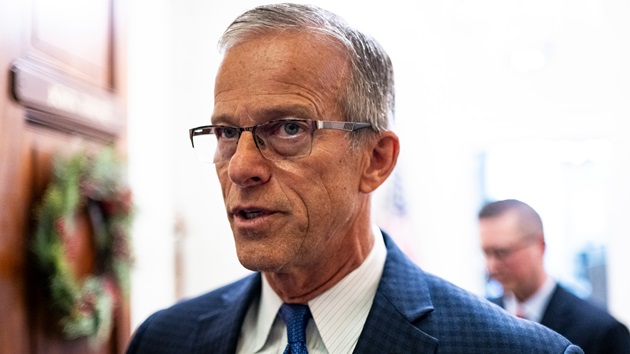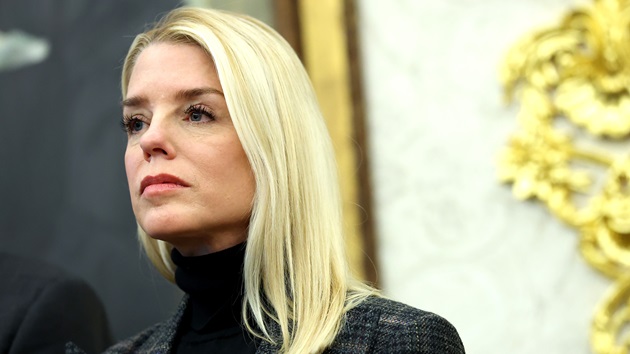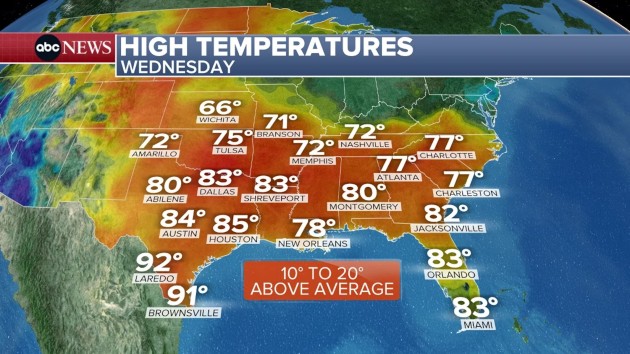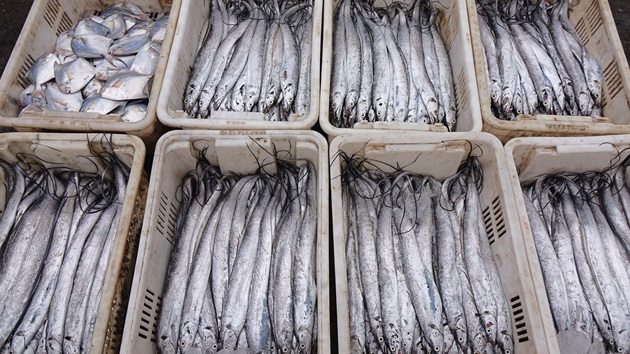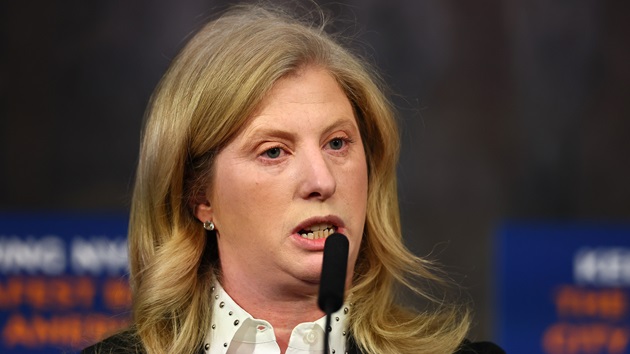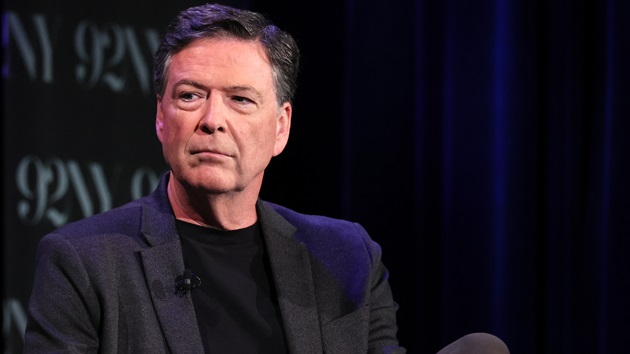
(ALEXANDRIA, Va.) — Though President Trump was miles away from the federal courthouse in Alexandria, Virginia, Wednesday morning, his words loomed large over the arguments before U.S. District Judge Michael Nachmanoff as the government sought to defend its case against former FBI Director James Comey.
Trump’s Sept. 20 social media post demanding that “JUSTICE MUST BE SERVED, NOW!!!”” was at the center of Comey’s argument that the president was using the justice system as a “cudgel to damage and intimidate his political opponents.”
“It is effectively an admission that this is a political prosecution,” Comey’s attorney Michael Dreeben said. “The president is underscoring what he wants done here.”
Dreeben argued that by replacing the prosecutor leading the U.S. attorney’s office in Virginia with his former staffer and lawyer Lindsey Halligan, Trump was “manipulating the machinery of prosecution” and committing an “egregious violation of bedrock constitutional values.”
“This has to stop,” Dreeben said about Trump’s social media posts targeting Comey, arguing “a message needs to be sent to the executive branch.”
Comey pleaded not guilty in October to one count of false statements and one count of obstruction of a congressional proceeding related to his testimony before the Senate Judiciary Committee in 2020, amid what critics call Trump’s campaign of retribution against his perceived political foes. Vice President JD Vance has said any such prosecutions are “driven by law and not by politics.”
At Wednesday’s hearing, the government’s counsel, Tyler Lemons, repeatedly stumbled and had to take lengthy pauses as he faced pointed questions from Judge Nachmanoff about the fact-pattern that led to Comey’s indictment — and struggled to make the case that Halligan’s decision to seek charges against him was not at the direct orders of President Trump.
“Ms. Halligan was not directed to bring this prosecution; it was her decision and her decision only,” Lemons said. “Ms. Halligan was not a puppet.”
In defending the president’s conduct, Lemons argued that it is “appropriate” for President Trump to publicly accuse his adversaries of breaking the law if he believes a crime was committed.
“What he has said is, he broke the law,” Lemons said. “That has been the focus of the president’s statement, and that is appropriate.”
Toward the end of the hearing, Judge Nachmanoff turned his attention to the legitimacy of the indictment itself.
Drilling down into the details of the charging document, the judge pressed Lemons to explain why two different indictments were issued, going so far as to question why the color of the ink on the documents differed. Lemons struggled to answer his questions, often asking for permission to consult with Halligan and his co-counsel.
It was at that point that Nachmanoff called Halligan directly to the lectern, and questioned her over the series of events that led to the full grand jury not being provided or voting on a second indictment that was drafted by her office.
Halligan explained that the second indictment was presented and reviewed by the grand jury’s foreperson as well as another grand juror, and reflected the full grand jury’s full vote on the previously rejected indictment.
At that point the courtroom fell completely silent, and Judge Nachmanoff simply responded, “Well.”
Dreeben said the issue with the grand jury indictment clearly required Judge Nachmanoff to throw out the case.
In his concluding remarks, the judge instructed both parties to provide briefings on a 1969 case decided by the Supreme Court in which a defendant’s conviction was overturned due to defective briefing before a grand jury — and what bearings that decision could now have specifically on Comey’s case.
Copyright © 2025, ABC Audio. All rights reserved.


